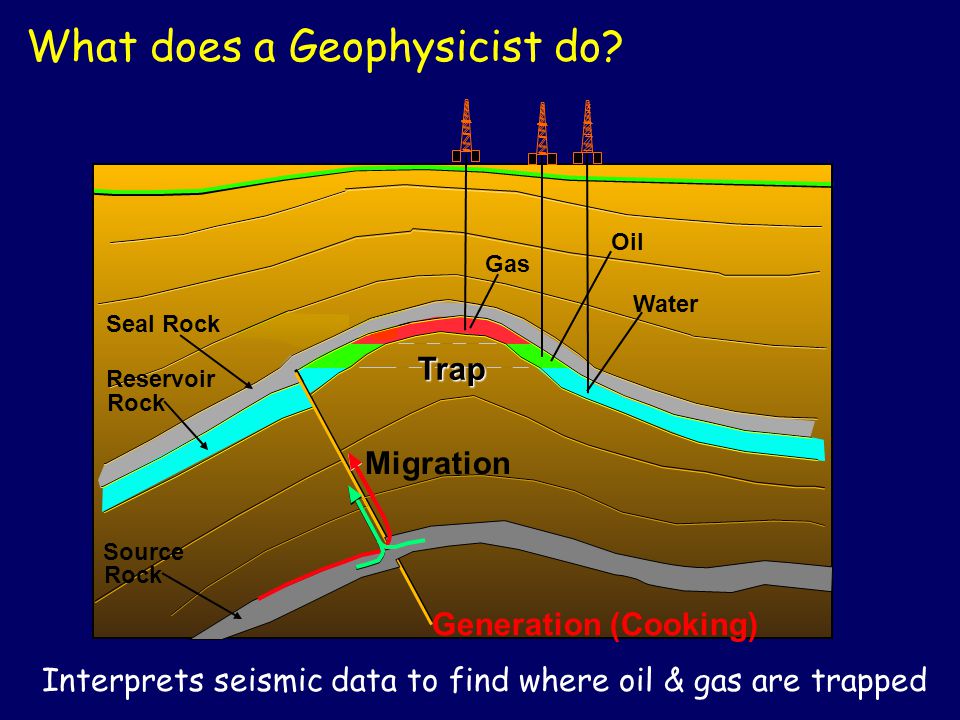All Categories
Featured
Table of Contents
Archaeological Geophysics And Geochemistry Planning A Geophysical Survey: Environmental & Physical ... in Bedfordale WA 2021

The primary design for the radial structure of the interior of the Earth is the preliminary reference Earth model (PREM). Some parts of this design have actually been updated by current findings in mineral physics (see post-perovskite) and supplemented by seismic tomography. The mantle is mainly made up of silicates, and the borders between layers of the mantle follow stage transitions.

This makes plate tectonics possible. Schematic of Earth's magnetosphere. The solar wind circulations from delegated right. If a world's electromagnetic field is strong enough, its interaction with the solar wind forms a magnetosphere. Early space probes mapped out the gross measurements of the Earth's electromagnetic field, which extends about 10 Earth radii towards the Sun.
Inside the magnetosphere, there are fairly dense regions of solar wind particles called the Van Allen radiation belts. Geophysical measurements are normally at a specific time and location.
Geophysical Surveys in Padbury Western Australia 2023
A three-dimensional position is determined using messages from 4 or more visible satellites and described the 1980 Geodetic Recommendation System. An option, optical astronomy, combines astronomical coordinates and the regional gravity vector to get geodetic coordinates. This technique only offers the position in 2 collaborates and is more hard to utilize than GPS.
Gravity measurements became part of geodesy due to the fact that they were required to associated measurements at the surface area of the Earth to the reference coordinate system.
Water level can also be measured by satellites using radar altimetry, contributing to a more precise geoid. In 2002, NASA launched the Gravity Recovery and Environment Experiment (GRACE), where 2 twin satellites map variations in Earth's gravity field by making measurements of the distance in between the two satellites utilizing GPS and a microwave ranging system. Satellites in area have actually made it possible to collect data from not just the noticeable light area, however in other locations of the electro-magnetic spectrum. The planets can be identified by their force fields: gravity and their electromagnetic fields, which are studied through geophysics and space physics. Determining the modifications in acceleration experienced by spacecraft as they orbit has actually permitted fine details of the gravity fields of the planets to be mapped.
Geophysical Survey Permit Program in Victoria Park Western Australia 2021

Because geophysics is worried about the shape of the Earth, and by extension the mapping of functions around and in the world, geophysical measurements include high precision GPS measurements. These measurements are processed to increase their precision through differential GPS processing. When the geophysical measurements have actually been processed and inverted, the interpreted results are outlined utilizing GIS.
Many geophysics companies have developed internal geophysics programs that pre-date Arc, GIS and Geo, Soft in order to meet the visualization requirements of a geophysical dataset. Expedition geophysics is used geophysics that typically utilizes remote sensing platforms such as; satellites, aircraft, ships, boats, rovers, drones, borehole sensing equipment, and seismic receivers.
For example, aeromagnetic information (airplane collected magnetic data) gathered utilizing standard fixed-wing airplane platforms must be corrected for electromagnetic eddy currents that are developed as the airplane moves through Earth's magnetic field. There are likewise corrections associated with modifications in measured prospective field intensity as the Earth rotates, as the Earth orbits the Sun, and as the moon orbits the Earth.
Geophysics in Jandakot Western Australia 2023
Signal processing involves the correction of time-series data for unwanted noise or errors presented by the measurement platform, such as airplane vibrations in gravity data. It likewise includes the decrease of sources of sound, such as diurnal corrections in magnetic data. In seismic data, electro-magnetic data, and gravity data, processing continues after mistake corrections to consist of computational geophysics which result in the last analysis of the geophysical data into a geological analysis of the geophysical measurements Geophysics emerged as a different discipline only in the 19th century, from the crossway of physical geography, geology, astronomy, meteorology, and physics.
The magnetic compass existed in China back as far as the fourth century BC. It was used as much for feng shui as for navigation on land. It was not until excellent steel needles could be forged that compasses were used for navigation at sea; before that, they might not keep their magnetism enough time to be beneficial.
By taking a look at which of 8 toads had the ball, one could identify the direction of the earthquake. It was 1571 years prior to the very first style for a seismoscope was released in Europe, by Jean de la Hautefeuille. It was never ever built. Among the publications that marked the start of contemporary science was William Gilbert's (1600 ), a report of a series of careful experiments in magnetism.
How To Become A Geophysicist in Landsdale Western Australia 2022
Geochemistry, Geophysics, Geosystems. National Aeronautics and Space Administration. Obtained 13 November 2018.
Leipzig. Berlin (Gebruder Borntraeger). Runcorn, S.K, (editor-in-chief), 1967, International dictionary of geophysics:. Pergamon, Oxford, 2 volumes, 1,728 pp., 730 fig Geophysics, 1970, Encyclopaedia Britannica, Vol. 10, p. 202-202 Ross 1995, pp. 236242 Shearer, Peter M. (2009 ). Intro to seismology (2nd ed.). Cambridge: Cambridge University Press. ISBN 9780521708425. Stphane, Sainson (2017 ).
Table of Contents
Latest Posts
Geophysics, Engineering Geophysics And Applied ... in Carmel Western Australia 2023
Airborne Geophysical Surveys Of The Lower Mississippi ... in Balcatta Oz 2022
Working As A Geophysicist And Oceanographer In Canada in Cannington Australia 2023
More
Latest Posts
Geophysics, Engineering Geophysics And Applied ... in Carmel Western Australia 2023
Airborne Geophysical Surveys Of The Lower Mississippi ... in Balcatta Oz 2022
Working As A Geophysicist And Oceanographer In Canada in Cannington Australia 2023